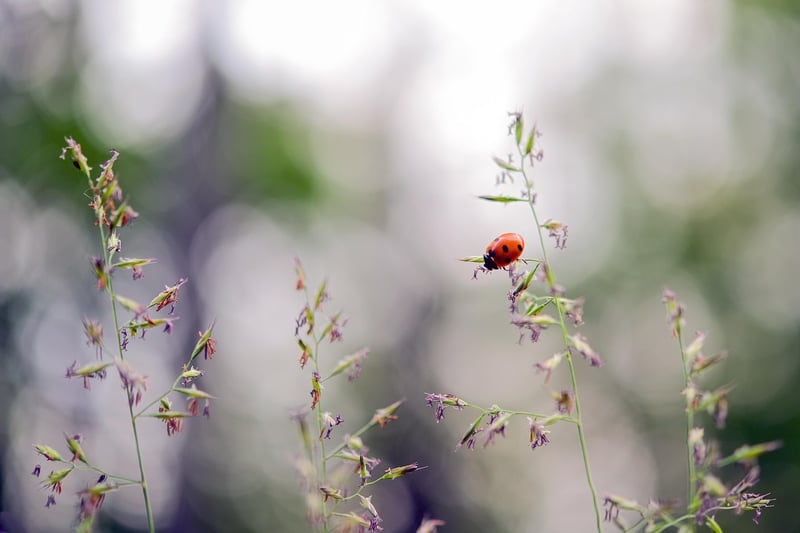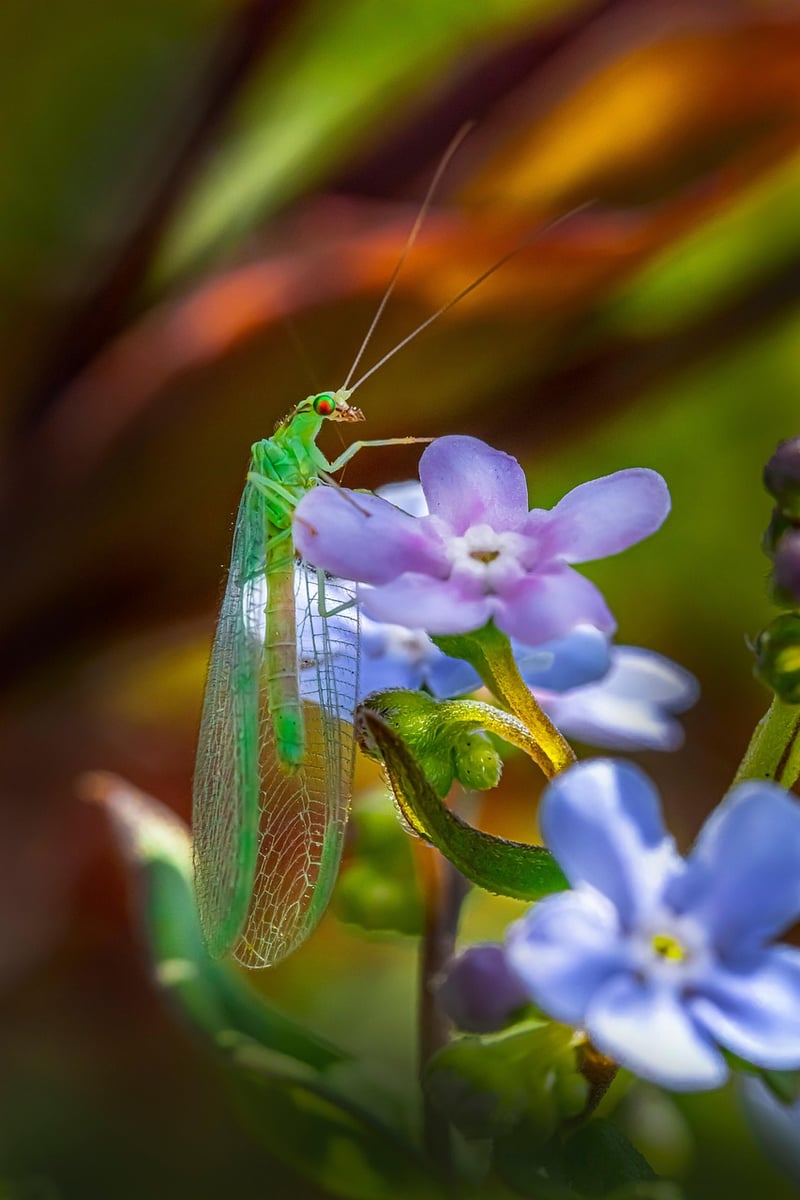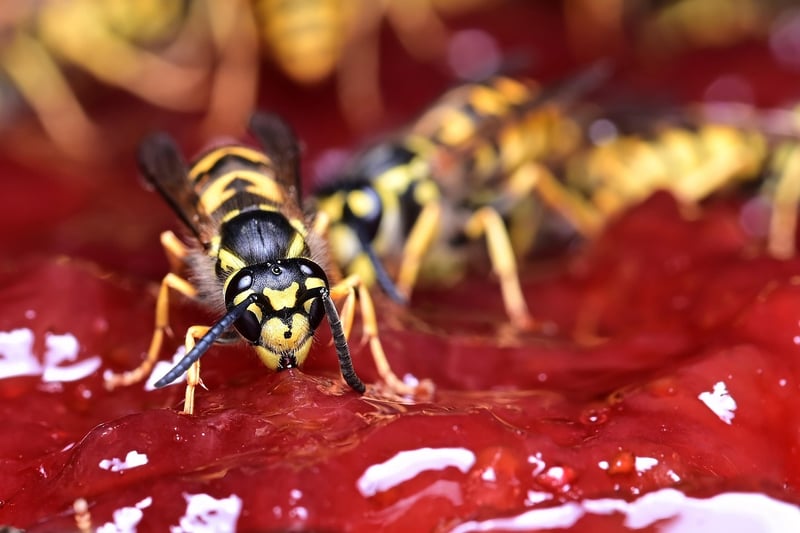Beneficial Insects
Protecting Plants from Harm with Beneficial Insects
Plants are essential for our ecosystem, providing oxygen, food, and beauty. However, they often face threats from pests and diseases that can harm or even kill them. While chemical pesticides can be effective, they also have negative impacts on the environment and human health. An alternative solution to protect plants is by using beneficial insects, also known as natural enemies, which can help control pest populations in a sustainable and eco-friendly way.
What are Beneficial Insects?
Beneficial insects are organisms that prey on or parasitize pests that damage plants. These insects play a crucial role in natural pest control, helping to maintain a healthy balance in the ecosystem. Some common beneficial insects include ladybugs, lacewings, parasitic wasps, and predatory mites.
How Beneficial Insects Protect Plants
Beneficial insects can protect plants in various ways:
- Predation: Predatory insects feed on pest insects, reducing their populations.
- Parasitism: Parasitic wasps lay eggs inside pest insects, eventually killing them.
- Pollination: Some beneficial insects, like bees, are essential pollinators that help plants reproduce.
- Decomposition: Insects like dung beetles help break down organic matter, improving soil health.
Attracting Beneficial Insects to Your Garden
You can attract beneficial insects to your garden by:
- Planting a diverse range of flowers that provide nectar and pollen for adult insects.
- Avoiding the use of broad-spectrum pesticides that can harm beneficial insects.
- Creating habitats like insect hotels or brush piles where beneficial insects can shelter.
- Practicing crop rotation to reduce pest build-up in the soil.
Conclusion
Using beneficial insects to protect plants is a sustainable and environmentally friendly approach to pest control. By attracting these natural allies to your garden, you can reduce the need for harmful chemicals and promote a healthy ecosystem where plants can thrive.



